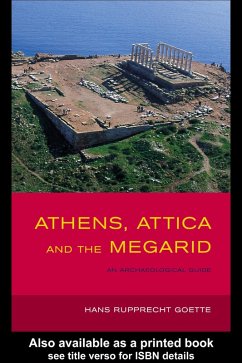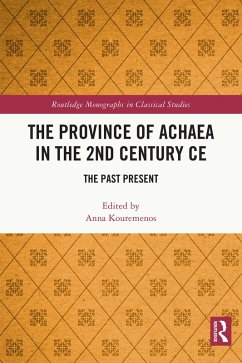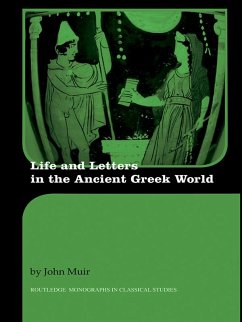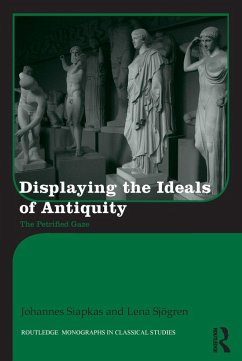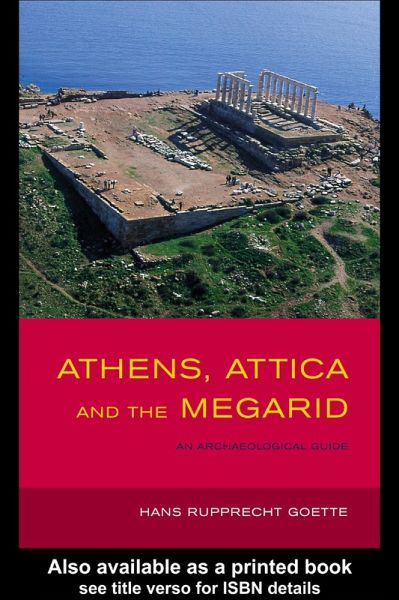
Athens, Attica and the Megarid (eBook, PDF)
An Archaeological Guide
Versandkostenfrei!
Sofort per Download lieferbar
56,95 €
inkl. MwSt.
Weitere Ausgaben:

PAYBACK Punkte
28 °P sammeln!
This exciting new guide is the ideal companion to Greece if you are a traveller with historical and archaeological interests, as it combines practical information with impeccable scholarly research. Written by an expert on Greece's landscape and archaeology, the guide is unique in exploring a wide range of sites off the beaten track. It also tours all the best-known monuments and regions, from the Acropolis to Aegina, from Megara to Marathon and from Sounion to Salamis. Beautifully illustrated with over 200 plates, maps, plans and drawings, it includes: * precise descriptions of routes and ind...
This exciting new guide is the ideal companion to Greece if you are a traveller with historical and archaeological interests, as it combines practical information with impeccable scholarly research. Written by an expert on Greece's landscape and archaeology, the guide is unique in exploring a wide range of sites off the beaten track. It also tours all the best-known monuments and regions, from the Acropolis to Aegina, from Megara to Marathon and from Sounion to Salamis. Beautifully illustrated with over 200 plates, maps, plans and drawings, it includes: * precise descriptions of routes and individual sites * artistic, historical, social and political background * unprecedented coverage outside Athens * detailed exploration of the post-classical, Byzantine and post-Byzantine periods. Take it with you on your travels or read it at home; either way, you will gain a deeper appreciation and enjoyment of Greece's history and archaeology.
Dieser Download kann aus rechtlichen Gründen nur mit Rechnungsadresse in A, B, BG, CY, CZ, D, DK, EW, E, FIN, F, GR, HR, H, IRL, I, LT, L, LR, M, NL, PL, P, R, S, SLO, SK ausgeliefert werden.




